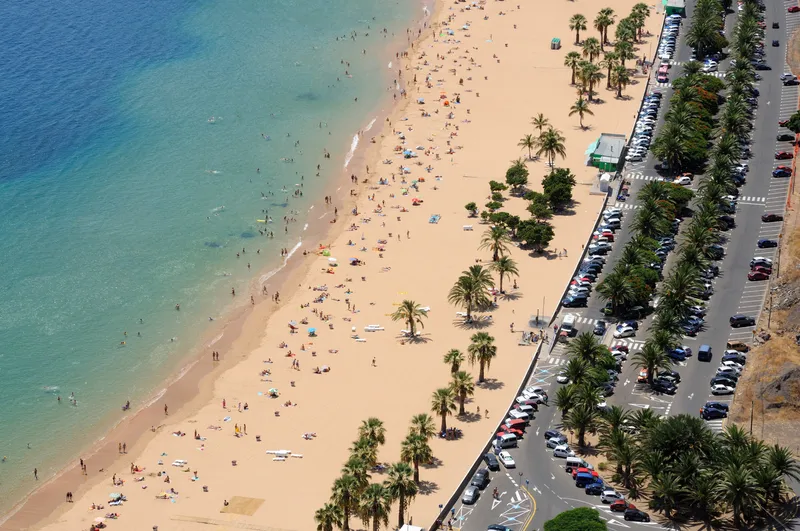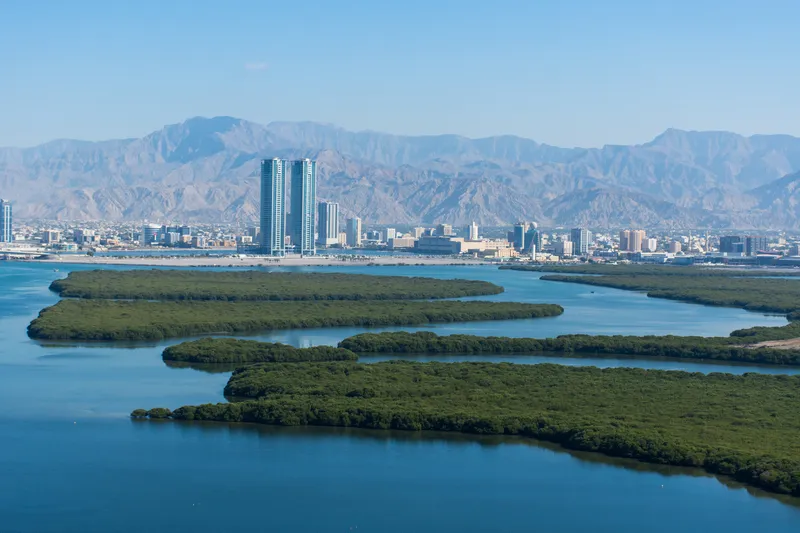
Kapsch TrafficCom has signed a €189,000 deal with the Mobility Department of Santa Cruz in Tenerife to improve car park management at one of its tourist spots, Las Teresitas beach.
Tenerife is one of the Spanish-owned Canary Islands, which lie off the coast of north-west Africa.
Councillor Evelyn Alonso says the beach, near the town of Santa Cruz, has traffic problems during rush hours and when the weather is good.
"With a capacity of 1,200 parking spaces, the area receives more than 900 vehicles at peak times, which causes traffic jams and makes it difficult to access the beach, so with the technology applied by the company Kapsch TrafficCom this problem will be significantly reduced,” she says.
The new system includes five cameras to monitor the entrance and exit of the car park, counting vehicles and calculating available spaces in real time.
Three variable message panels have been placed along the 7km coast road leading to the beach, giving up-to-date information which allows drivers to choose alternatives, thus reducing congestion in the San Andrés area.
Specific sensors have been installed to manage the 120 spaces reserved for people with disabilities, "guaranteeing equitable and orderly access for all users".
The project, scheduled for completion in May, follows a similar beach car park management solution provided by Kapsch on the Spanish island of Ibiza.
Javier Aguirre, CEO of Kapsch TrafficCom Spain and Portugal, says: “This project will not only improve mobility in Las Teresitas, but will also contribute to a more pleasant experience for all visitors.”










